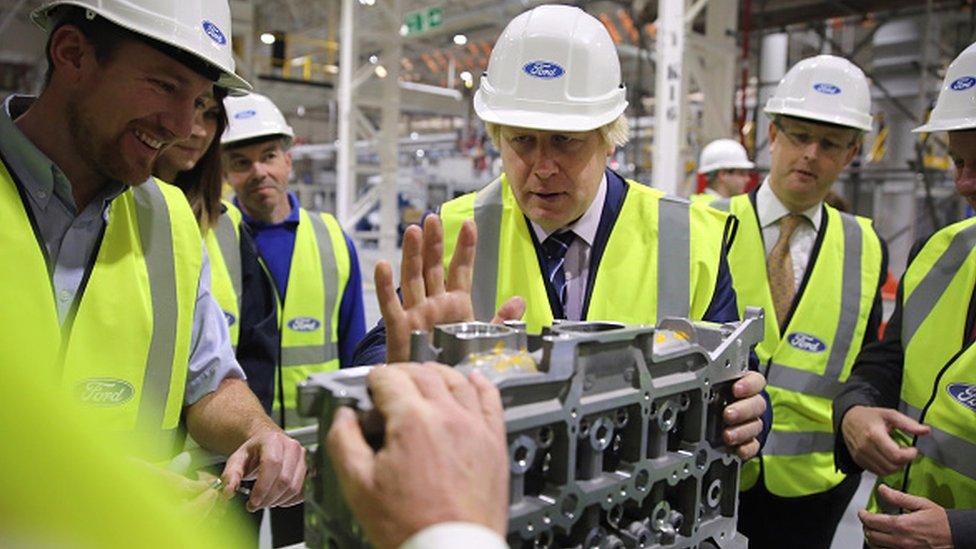Brexit vote to lead to 'instability' in the car industry
- Published
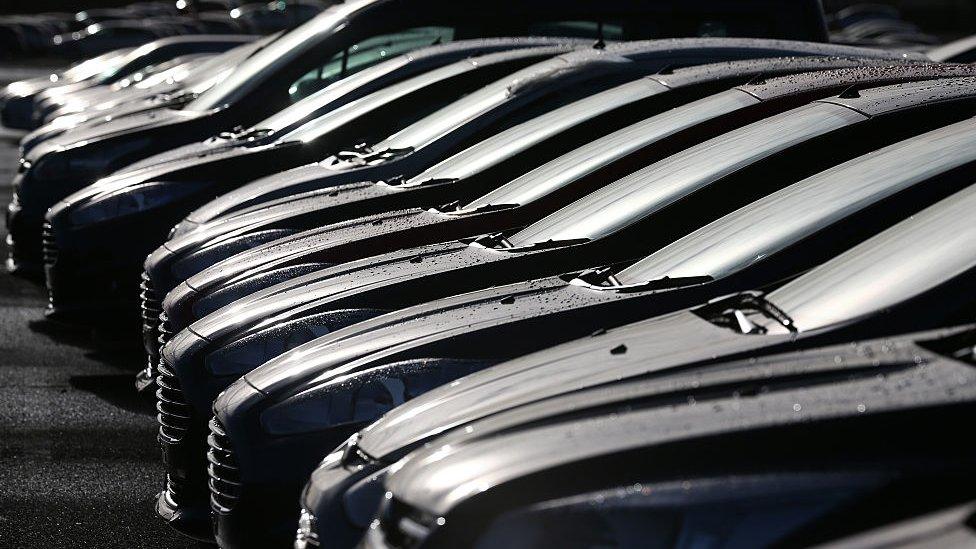
Vehicle production is up 5% to 1.7 million
The UK's vote to leave the EU will cause instability and uncertainty that will challenge the UK car industry.
That was the verdict of the trade body, the Society of Motor Manufacturers and Traders (SMMT), external, as it reported record turnover for 2015.
While the UK's automotive sector has "gone from strength to strength", the leave vote may cause problems for the car industry, it said.
Turnover rose 7.3% to £71.6bn while jobs and vehicle production also rose.
However SMMT chief executive Mike Hawes said that the outlook had been clouded due to uncertainty about dealing with trading partners in Europe.
"As a result (of the vote), the industry now faces new challenges. Uncertainty, economic instability and an undoubted impact in terms of cost, influence and ease of business," he said in a speech.
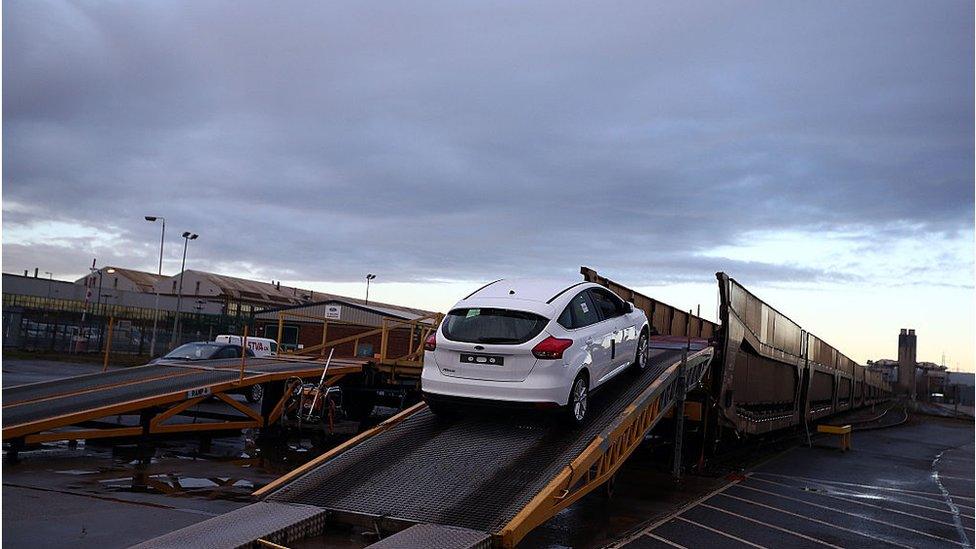
Automotive manufacturing strong for the start of 2016
The number employed in the sector rose by 17,000 to 814,000 and there was a 5% rise in vehicle production to 1.7 million in 2015, the SMMT said, and car manufacturing output is already up more than 10% so far this year.
But the UK's future access to the single market has been brought into question following the vote to leave the EU.
'Unrestricted access'
Hawes said success has been due to unrestricted access to the single market, input to EU legislation to safeguard the interests of UK Automotive, and the ability to recruit talent from abroad.
He warned that the threat to this from leaving the union could jeopardise the ability to access important markets.
"We need full and unrestricted access to the single market now and in the future, 80% of what we produce is exported and the only way to succeed is through unrestricted and reciprocal access to the EU and global markets," he told an industry summit.

What is the single market?
Jonty Bloom, business reporter
After the referendum British business is trying to explain to the government what it wants from the negotiations to leave the EU. What everyone seems to be talking about is "access" to the single market, but as the prime minister has said, "access to the single market has many potential different meanings".
Japan and the USA have "access", as one economist told me even Haiti does. But many countries have to negotiate a trade deal, pay tariffs, get through customs and all abide by EU rules and regulations to get their goods into the EU and they don't have a say on those rules.
By comparison, at the moment we are members of the EU's single market and have been for decades, we enjoy totally free movement of goods, finance, and people around the EU, without any tariffs and we have a say on how the rules are written.
That's why much of business thinks "access" should mean "membership of" the single market, what David Cameron today called the "best access".
That is why at its international conference today, the head of the Society of Motor Manufacturers and Traders, Mike Hawes, said "80% of what we produce is exported and the only way to succeed is through unrestricted and reciprocal access to the EU and global markets."
And by "access" Mr. Hawes means "membership" of the single market.

Jaguar Land Rover's group strategy director, Adrian Hallmark, has said the European Union would be unlikely to take any action that would disrupt trade.
However Jaguar Land Rover's group strategy director Adrian Hallmark said the EU would be unlikely to take any action that would disrupt trade, at least for the luxury end of the market.
"It's in the interest of the EU to maintain access to the UK market, so I can't imagine that there would be any overly punitive measure in the premium end of the business. It would be cutting the European nose off to spite its face," he said.
He added that the business would remain UK focused and that there were no plans to change its headcount or employment strategy.
Demand for both cars and commercial vehicles in the UK reached record levels in 2015, with 2.6 million and 420,000 registrations respectively.
Investment in research and development by the industry also reached a record high of £2.5bn in 2015, representing around 12% of the country's total spending.
- Published29 June 2016
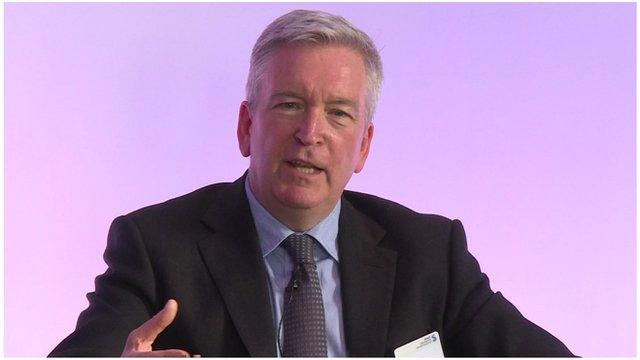
- Published29 June 2016
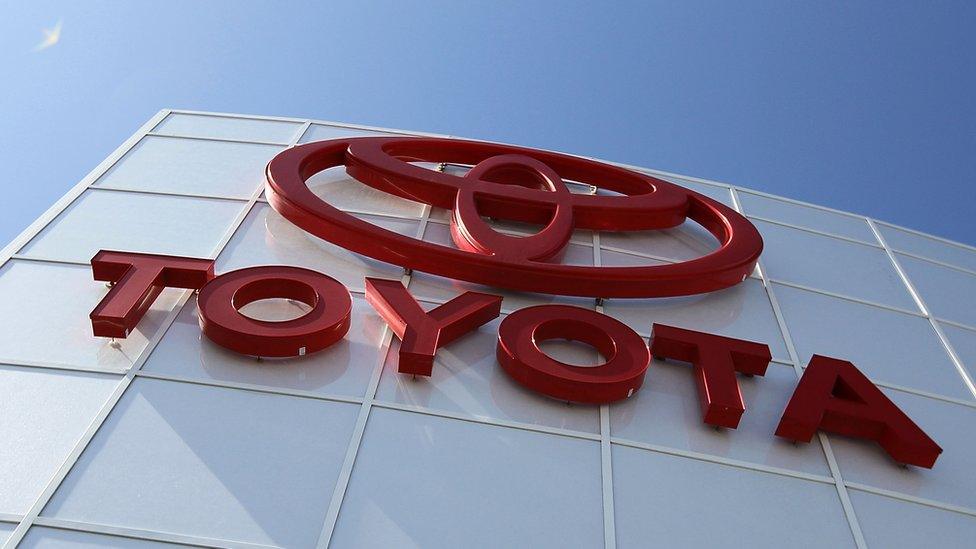
- Published28 June 2016
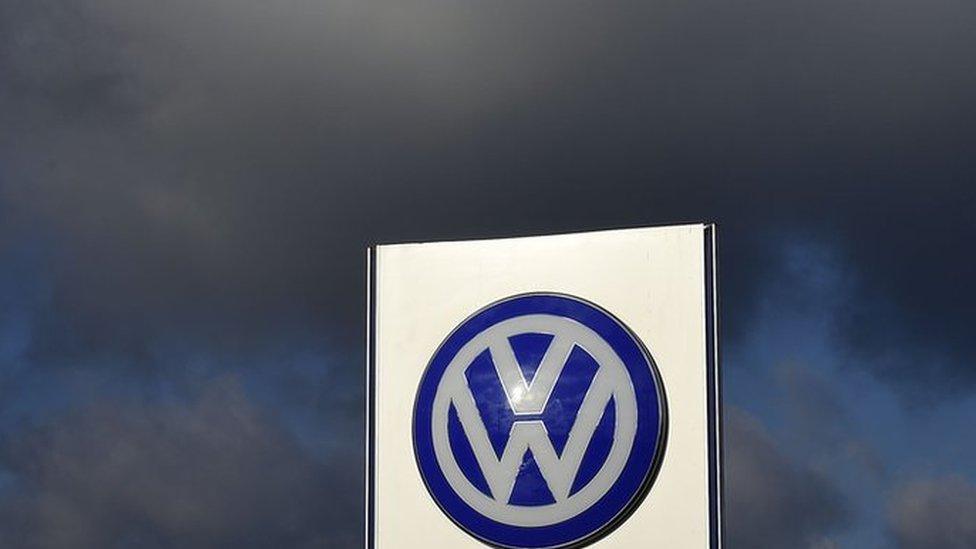
- Published28 June 2016
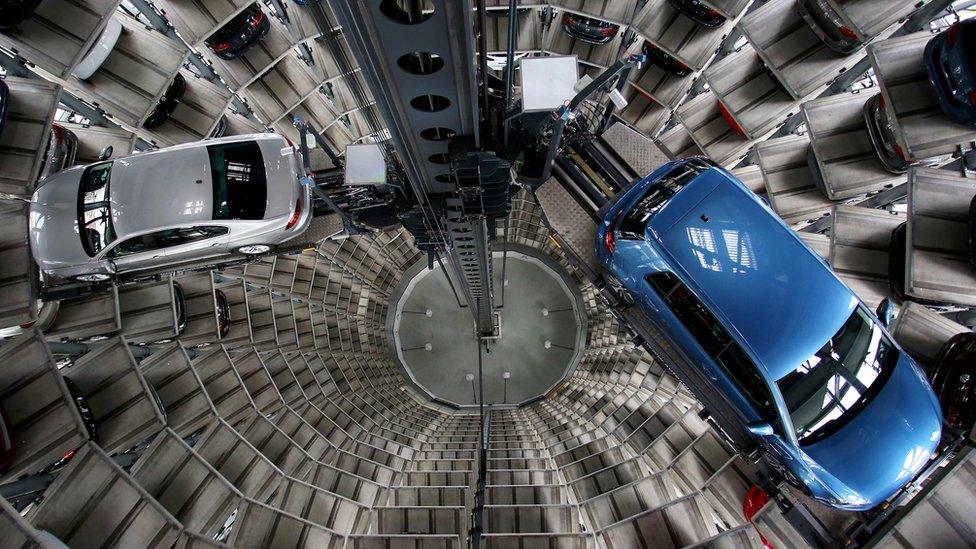
- Published29 June 2016
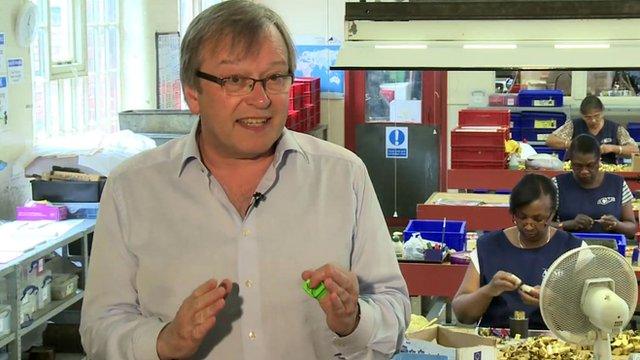
- Published25 June 2016
